
Through a survey on social media, CURE® collected responses on what terms people prefer when describing their cancer experiences. Some people who have experienced cancer explain why they have embraced the terms "thriver" and "warrior."

Through a survey on social media, CURE® collected responses on what terms people prefer when describing their cancer experiences. Some people who have experienced cancer explain why they have embraced the terms "thriver" and "warrior."
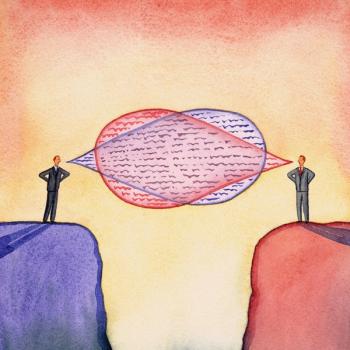
CURE® surveyed its audience to see which terms they prefer to use when describing their cancer experiences. Some people who have experienced cancer explain their mixed feelings with the commonly used terms “patient” and “survivor.”
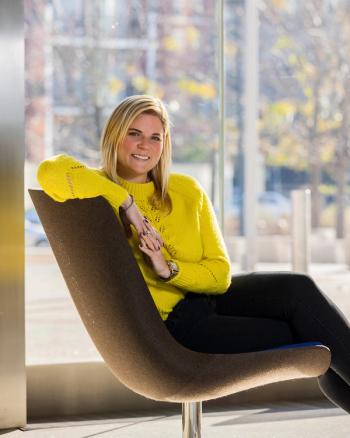
A childhood cancer survivor now works raising funds for Children’s Hospital of Philadelphia, the same hospital where she received treatment for Ewing sarcoma at 12 years old.

As part of its Speaking Out video series, CURE® spoke with Michael J. Rovito, on behalf of the Testicular Cancer Foundation, about survivorship.

Treat yourself without the guilt! Here are three delicious — and most importantly nutritious — desserts to try at home when you are craving something sweet.
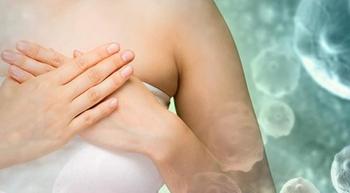
After undergoing a mastectomy, women can either proceed with reconstruction or "go flat," but one expert says that the correct decision is what’s best for the patient.
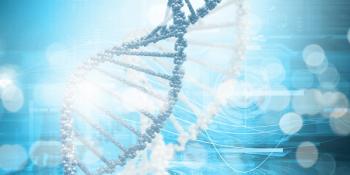
In honor of CURE®’s 20th anniversary, here is a roundup of some of the major advancements in the world of cancer care, according to experts, patients and advocates.
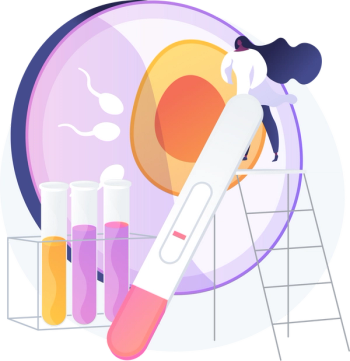
From fertility issues to oral side effects, cancer survivors may face health complications after treatment ends.

It is important for survivors to maintain healthy oral hygiene because they face increased risk of dental problems.

The internet is flooded with information for cancer survivors, and it is vital they recognize the reliable sources from those that are not.
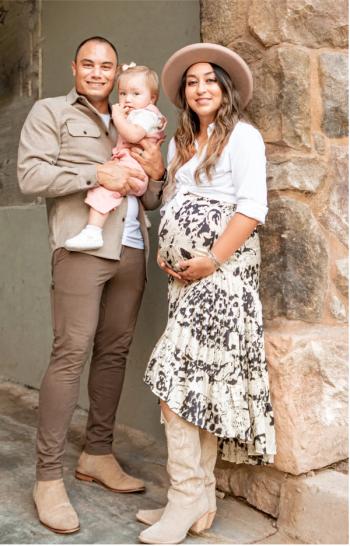
Fertility may be affected due to cancer treatment, altering the way survivors move on to their next phase of life — parenthood.
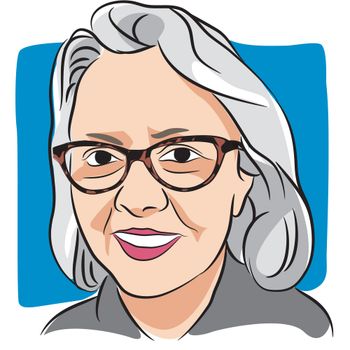
A routine can feel so comfortable that change is hard. So, when my annual mammogram and cancer checkup was delayed, I tried hard not to sweat the small stuff.

Childhood cancer survivors who had high daily sugar intake — especially when it came to sweetened beverages — had an increased risk of premature aging-related health complications, according to recent research.
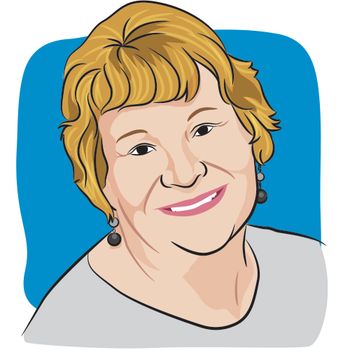
As a cancer survivor, I can relate to the lyrics of the Beatles’ song, “Let it Be.”
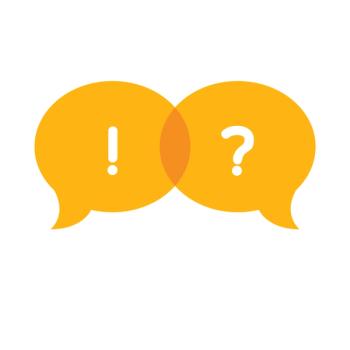
CURE® surveyed its audience to see if they had people in their life cut off communication after a cancer diagnosis, sometimes known as “cancer ghosting.” Here’s what they had to say.
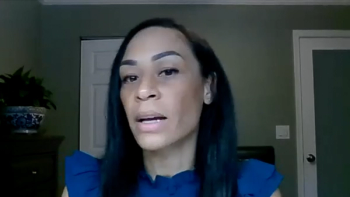
After being diagnosed with sarcoma while deployed overseas, military veteran Brandi Benson realized the importance of speaking up about health complications.
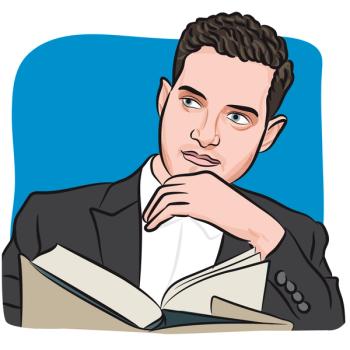
For years, many of my conversations have revolved around my cancer. Now that I’m in the survivorship phase, I’m trying to be more mindful of these interactions.
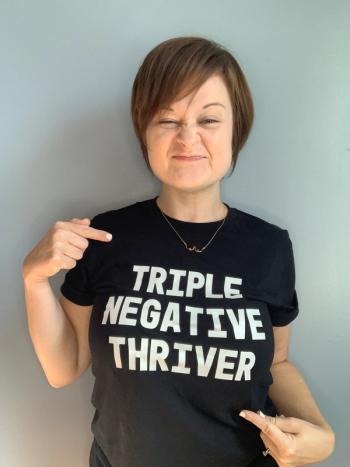
A woman without a family history of breast cancer shares how she went from volunteering at breast cancer walks to one day finding herself in the shoes of someone living with the disease.
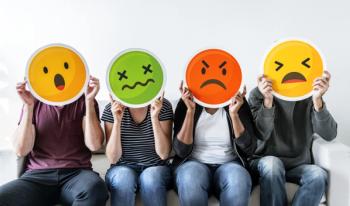
As both a physician and a cancer survivor, here are three things I’ve learned about life after active treatment — a stage I found myself woefully unprepared for.

Brest cancer treatment was a scary experience, but thankfully a survivorship support group helped me heal.
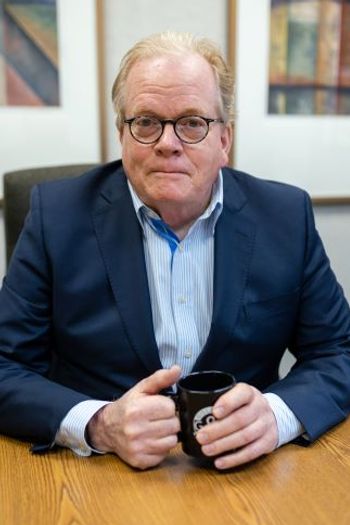
A man shares how reading the footnote of a CT scan looking for heart disease alerted him to a mass in his right lung, leading to an unexpected diagnosis of lung cancer.
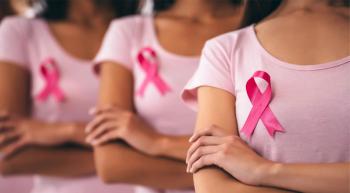
CURE® surveyed its audience to learn more about what they think about Breast Cancer Awareness Month, sometimes known as “Pinktober”. Here’s what they had to say.
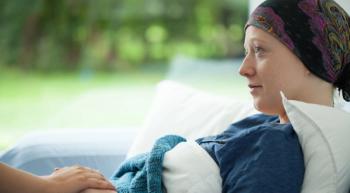
Cancer-related fatigue can be debilitating for many patients and survivors of cancer, but tactics like diet, exercise and other holistic approaches may provide relief for a side effect that effects every part of life.
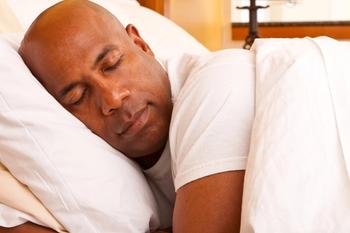
An expert recommends that cancer survivors and patients take several actionable steps to improve their quality of sleep.

Chest numbness following a mastectomy can be truly daunting, but patients with breast cancer don’t have to suffer in silence — and it may not be something they have to live with.

Childhood cancer survivors should be aware of any symptoms they experience during survivorship and communicate those with their care team.
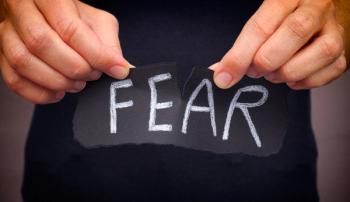
There are ways to manage the fear of cancer recurrence, so it doesn’t become overwhelming or debilitating. Physicians like me and a network of resources are here to help.
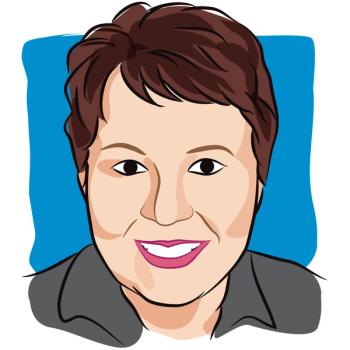
I recently decided to stop feeling like a victim in life after cancer. Instead, I’ll celebrate life every day.
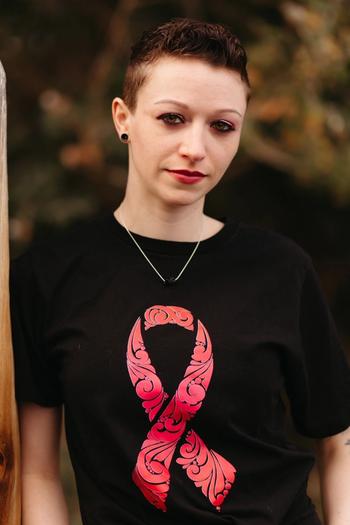
A woman with stage 2 invasive ductal carcinoma — a type of breast cancer that begins in the milk ducts of the breast — shares how her experience as an employee at a breast cancer research facility helped her push against doctors who minimized her ultrasound findings and how her Ki-67 score informed her treatment choices.
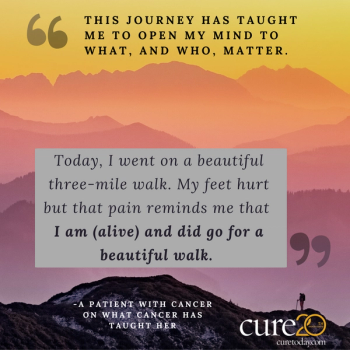
CURE® surveyed its audience to gather insight into what unexpected lessons cancer has taught them. Here’s what they had to say.